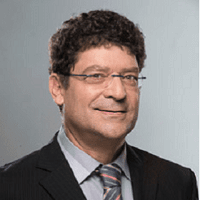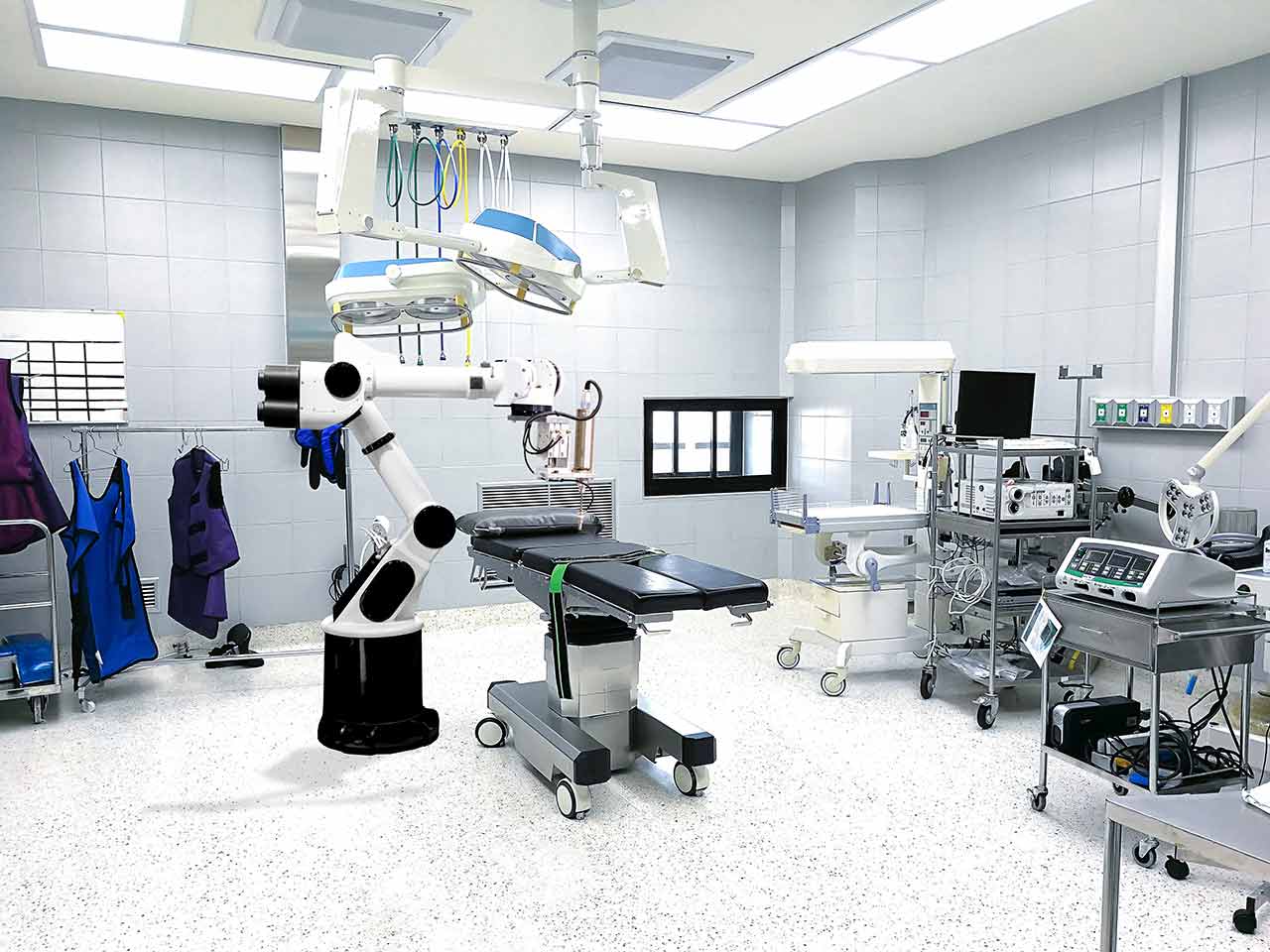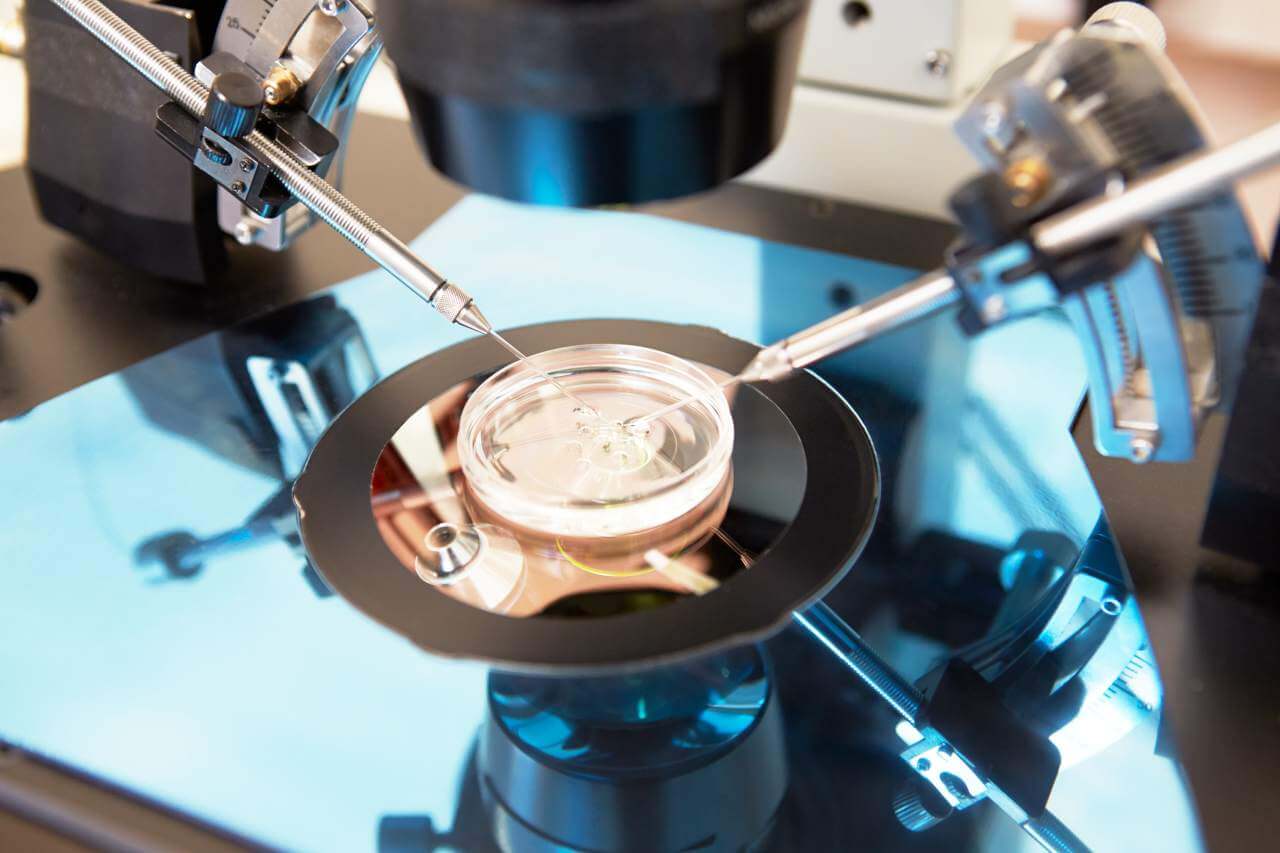
The program includes:
- Initial presentation in the clinic
- clinical history taking
- general clinical examination
- laboratory examinations:
- complete blood count
- blood biochemistry
- immune analysis
- hormonal tests:
- androgens
- progesterone
- prolactin
- thyroid hormones (T3, T4, TSH)
- gynecological examination
- colposcopy
- taking a smear
- hormonal stimulation
- artificial insemination (AI)
- nursing services
- elaboration of further recommendations
How program is carried out
During the first visit, the physician will conduct a clinical examination and go through the results of previous laboratory tests and instrumental examinations. After that, you will undergo an additional examination, including complete blood count, laboratory assessment of liver and kidney function, hormonal tests. Based on the results of the examinations, the physician will make sure that there are no contraindications to hormonal stimulation and subsequent intrauterine (artificial) insemination with donor sperm.
Intrauterine (artificial) insemination with donor sperm is carried out as the day hospital procedure, without mandatory admission to the hospital. Cryopreserved sperm is used for it. Donor sperm undergoes obligatory quality control and infection control.
After hormonal stimulation of ovulation, you will have an ultrasound scan with folliculometry. With its help the physician will make sure that you have a fully-grown egg that is eligible for fertilization. Donor sperm is introduced into the uterine cavity through a thin catheter. The procedure is painless, but the physician can use a local anesthetic, if needed.
After the insemination, you will need to remain in the supine position for about 30-40 minutes.
After the completion of intrauterine (artificial) insemination with donor sperm, you will receive the medical report with detailed recommendations regarding further follow-up. You can leave the hospital on the day of your procedure. In the future, you can contact the physician for accompanying the pregnancy.
Service
You may also book:
 BookingHealth Price from:
BookingHealth Price from:
About the department
The Department of Reproductive Medicine at the Sheba Medical Center Ramat Gan ensures high quality of all modern procedures for fertility treatment. One of the most popular methods for conception of a long-awaited pregnancy is in vitro fertilization (IVF). The department's specialists first performed the IVF procedure in 1982 and since then they have been successfully practicing it for couples who cannot conceive a child naturally. As of today, the department performs more than 1,000 IVF procedures annually, while the treatment success rates are one of the best in the world. During the therapeutic process, the patients are provided with maximum comfort, confidentiality and the highest quality of medical services. The Chief Physician is Prof. Dr. med. Raoul Orvieto.
The treatment is preceded by a consultation with the attending physician. He clarifies information about the duration of infertility, studies the anamnesis of a woman and a man, prescribes the necessary diagnostic tests, the results of which will become the basis for the development of an individual treatment regimen aimed at conceiving and carrying a pregnancy. A decisive role in the effectiveness of therapy is the precise determination of the causes of infertility, the elimination of which will help a woman to become pregnant. The IVF procedure is mostly indicated for couples who cannot conceive a child during a year of regular sexual activity without the use of contraceptives, women with hormonal disorders, which prevent the normal maturation of eggs and are not corrected by conservative treatment, women with fallopian tube obstruction. In the case of insufficient sperm motility and low sperm concentration in the male seminal fluid, IVF is also effective. If necessary, IVF can be performed using cryopreserved eggs and sperm in patients who have undergone chemotherapy, radiation therapy or other treatments, which suppress ovarian or testicular function. The department also practices IVF using donor germ cells.
The process of artificial insemination consists of combining an egg and a sperm outside the woman's body, and therefore this technique is sometimes called "test tube fertilization". In most cases, the IVF procedure involves the use of the parents' own germ cells, which guarantees 100% genetic match. The unique experience and clinical skills of the department's fertility doctors allow the patients to conceive a pregnancy on the first try. In rare cases, repeated IVF may be required – this fact is determined at the planning stage of the procedure.
The IVF procedure consists of the following stages:
- Superovulation stimulation
- Follicular puncture
- Oocyte insemination with specially prepared sperm
- Preimplantation genetic diagnosis before embryo transfer into the uterine cavity in order to exclude genetic pathologies
- Embryo culture (fertilized eggs grow and develop in a special nutrient medium for about 3-5 days, after which the doctor selects the highest quality embryos)
- Embryo transfer into the uterine cavity (usually 1-2 embryos are used)
- Pregnancy test for its confirmation
The department's range of medical services includes:
- In vitro fertilization (IVF) procedure
- Percutaneous sperm aspiration
- Assisted hatching
- Controlled ovarian stimulation
- Testicular sperm extraction
- Embryo cryopreservation
- Egg and sperm donation
- Microsurgical epididymal sperm aspiration
- Zygote intrafallopian transfer (ZIFT)
- Correction of certain factors of infertility in women (for example, cysts, fallopian tube obstruction)
- Sperm count improvement in men
- Fertility preservation in cancer patients
- Genetic counseling, including preimplantation genetic diagnosis
- Other diagnostic and therapeutic options
Curriculum vitae
Prof. Dr. med. Raoul Orvieto is a highly qualified Israeli specialist in the field of assisted reproductive technologies. The doctor's professional interests include the treatment of male and female infertility, IVF, egg donation, preimplantation genetic diagnosis, various aspects of controlled ovarian hyperstimulation, etc. Prof. Orvieto has over 20 years of successful clinical experience. He is the author and co-author of numerous scientific publications, as well as a lecturer at the Faculty of Medicine of the Ben-Gurion University of the Negev.
Higher Education and Professional Сareer
- 1980 - 1986 Doctoral Degree, Hebrew University of Jerusalem.
- Master's Degree in Obstetrics and Gynecology at the Sackler School of Medicine of the Tel Aviv University.
- 1992 - 1998 Specialization in Gynecology and Obstetrics, Rabin Medical Center, Petah Tikva, Israel.
- 1998 - 2005 Senior Physician in the Department of Gynecology, Rabin Medical Center, Petah Tikva, Israel.
- 2002 - 2005 Head of the Department of Male Infertility, Rabin Medical Center, Petah Tikva, Israel.
- 2005 - 2013 Head of the IVF Center, Barzilai Medical Center, Ashkelon, Israel.
- Since 2013 Head of the Department of Reproductive Medicine at the Sheba Medical Center Ramat Gan.
Academic Career
- Professor at the Faculty of Medicine, Ben-Gurion University of the Negev.
Memberships in Professional Societies
- Israel Medical Association.
- Israel Society of Obstetrics and Gynecology.
- Israeli Fertility Association.
- Israeli Society of Contraception and Sexual Health.
- American Society for Reproductive Medicine.
Photo of the doctor: (c) Sheba Medical Center
About hospital
The Sheba Medical Center Ramat Gan is the largest and leading Israeli hospital, which has also won wide recognition in the international medical arena. The hospital was founded in 1948 and today it is proud of its long and extremely successful clinical experience. The medical facility has 159 specialized departments, outpatient clinics and centers, as well as 75 laboratories. The infrastructure of the center forms a solid basis for the accurate diagnostics, comprehensive and the most effective treatment of pathologies in all fields of modern medicine.
According to the prestigious American Newsweek magazine, the medical center ranked among the top ten best hospitals in the world in 2019 – the rating is based on the efficiency of medical care, the level of service, compliance with international quality standards. In addition, the medical centre is the holder of the international JCI certificate, which is awarded only to the best hospitals all over the world.
The medical complex provides patients with the most advanced medical treatment and individual approach to each clinical case. If necessary, the patient can take part in clinical trials of new pharmaceuticals or treatment methods. The patients are offered high-tech medicine. For example, it houses the only virtual reality Rehabilitation Center in the world, as well as offers exclusive and progressive methods of imaging diagnostics for patients suffering from cancers and cardiovascular diseases.
One of the leading fields of the medical center is oncology. Cancer of various localizations is treated within the specialized Cancer Center. Thanks to the hospital's own unique developments in the field of oncology and cooperation with the University of Texas MD Anderson Cancer Center, the doctors practice innovative treatment protocols, which allow them to achieve complete cure or long-term remission even in the cases that are considered hopeless in many hospitals around the world.
Certainly, the key role in the success of clinical practice is also played by the presence of highly qualified personnel – the hospital employs dozens of leading doctors, including world-class professionals. Many doctors are lecturers at the Sackler School of Medicine of the Tel Aviv University. In addition to the treatment of patients, they are engaged in research activities and make an invaluable contribution to the development of medicine in Israel and around the world.
The hospital admits annually more than 430,000 patients for the diagnostics and treatment on an inpatient basis, while the number of outpatients reaches 160,000. These figures speak for themselves and confirm the authority of the medical center, which is ready to provide high-quality medical care to both Israeli citizens and foreign patients from all over the world. The hospital also performs about 50,000 surgical interventions, as well as more than 11,000 babies are born in the delivery rooms of the medical center every year.
The Sheba Medical Center Ramat Gan is rightfully considered the world leader in the field of medical care and has all the necessary medical and technical resources for providing both diagnostic and therapeutic procedures of any complexity – some of them are not available even in the developed countries of Europe and the USA.
Photo: (c) Sheba Medical Center, (c) depositphotos
Accommodation in hospital
Patients rooms
The patients of the Sheba Medical Center Ramat Gan live in cozy rooms with a high level of comfort. Each patient room has an ensuite bathroom with shower and toilet, with all the necessary hygiene items. The furnishing of the rooms includes a comfortable automatically adjustable bed, a bedside table, a wardrobe, a telephone, a TV, an air conditioner. Wi-Fi access is also available in the patient rooms. The center has special rooms for children. The special atmosphere of coziness and kindness allows young patients to feel as comfortable as possible.
Meals and Menus
The patient and the accompanying person are offered tasty and balanced three meals a day. If for some reason you do not eat all foods, you will be offered an individual menu. Please inform the medical staff about your food preferences prior to treatment.
Further details
Standard rooms include:
Accompanying person
During the inpatient program, the accompanying person can live with the patient in a patient room or a hotel of his choice. Our managers will help you choose the most suitable option.
Hotel
During an outpatient program, the patient can stay at the hotel on the territory of the medical center or at the hotel of his choice. Our managers will help you choose the most suitable option.





